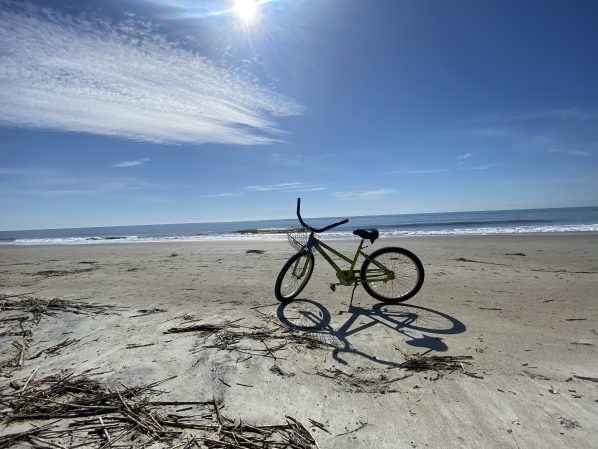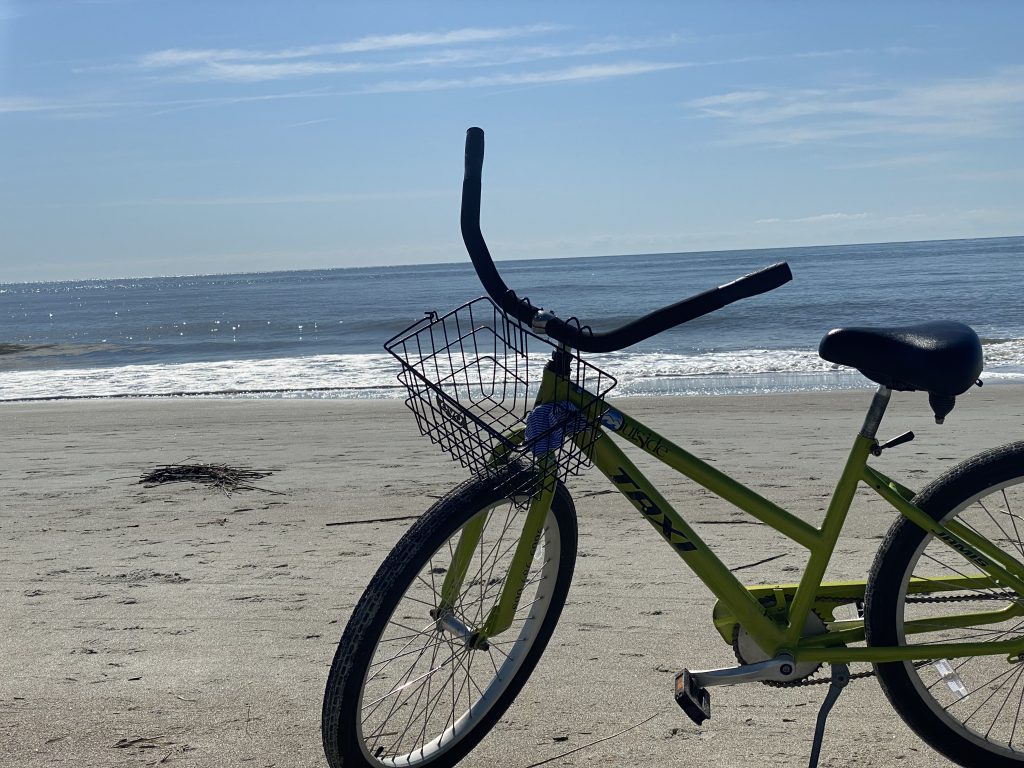I read The Power of Regret by Daniel Pink a few weeks ago. I learned our regrets could improve decisions, boost performance, and deepen the meaning of our lives.
Daniel Pink provides four core structures of regrets:
- Foundation regrets – our failure to be responsible, conscientious, or prudent, which sounds like “if only I’d done the work.”
- Boldness regrets – our failure to take chances, which sounds like “if only I’d taken that risk.”
- Moral regrets – our failure to rise above temptations, which sounds like “if only I’d done the right thing.“
- Connection regrets – our failure to recognize and honor the relationships with others that give our lives purpose, which sounds like “if only I’d reached out.”
To transform regret into something positive, you create distance from the regret. You can do this through space, time, and language. This process is called “self-distancing,” which is a way to examine the regret dispassionately without shame…and to extract from it a lesson that can guide future behavior (pg. 178).
You do not need to experience regret before learning from it. Self-distancing builds on the idea that it is easier to solve other people’s problems than to solve ours. If you anticipate a regret your future self may encounter before it occurs and take the appropriate action, good things will happen.
The late Intel CEO, Andy Grove, was known to embrace self-distancing. He usually asked himself, “If I were replaced tomorrow, what would my successor do?” This exercise allowed him to live briefly in the future and look at the challenge through a different lens. With an imaginary person now with the challenge, it empowered him to find creative solutions to the problem.
One of my mentees anticipated his regrets and applied the concept of self-distancing to spur the growth of an account.
When he started managing the account at the beginning of the year, he asked the previous account team: “what do you regret most about this account?”
The team described in detail the chances they wished they had taken. The discussion had all the elements of boldness regret: “if only we had taken that risk.”
My mentee was determined to limit his regrets by anticipating them. He analyzed the previous account team’s missed opportunities and created a new path to unlock growth in the account.
I am happy to share he is on track to outperform his quota at the end of the year.
What’s interesting about the story above is that I was leading the previous account team. My mentee learned from my boldness regret without experiencing it.
There are two actions you could take:
- Identify a difficult customer situation and imagine what your successor would do. This exercise puts you in a position to solve someone else’s problem and broadens your vision to see potential blind spots.
- Ask a customer stakeholder, “what is a goal you will regret not hitting by the end of this year?” Their answer may identify one or two goals at risk. This is an opportunity for you to partner with them to change the outcome.
Bonus action: Grab a copy of The Power of Regret. You will not regret the decision 🙂
Godspeed selling.





